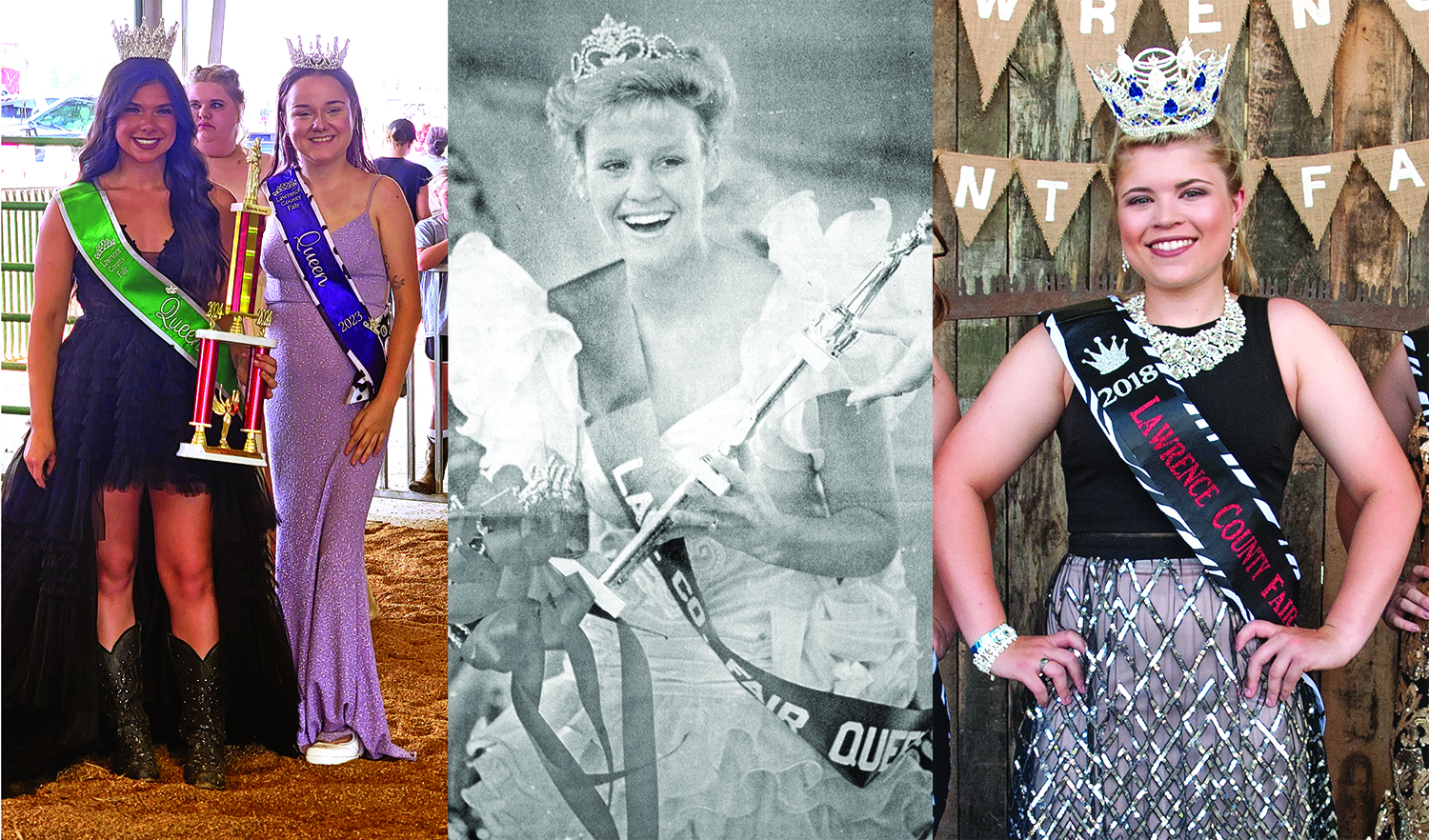Felonies in common pleas vs. muni court
Published 9:15 am Friday, September 29, 2017
Dear Lawyer Mark:
I saw in the newspaper the other day that a person was arrested on felony charges and was looking at years in prison.
They said that he was going to be in municipal court for an arraignment. I’m confused because I thought that municipal court only dealt with lower charges and that felonies couldn’t heard. What gives?
PONDERING IN PEDRO
Dear Pondering: You are correct that felonies are ultimately resolved in Common Pleas court, but they can actually start in municipal court.
In order for a person in Ohio to be formally charged with a felony, the case must be heard by the grand jury, who votes to hand out an “indictment” against that person.
The grand jury is made up of nine members and up to five alternates, meets at the prosecutor’s office to hear the cases brought by the prosecutor, and listens to testimony and evidence put forth by the prosecutor and witnesses called by him or the grand jury.
They meet in secret, and neither the defendant nor the defendant’s lawyer can be present while the grand jury listens to the evidence. At the end of the evidence, the grand jury votes on whether there is “probable cause” that the accused committed felonies.
If at least seven members believe that there is a reasonable basis to charge the accused with a crime, the accused is indicted. If there are fewer than seven votes for indictment, they grand jury return a “no bill” and the charges are dismissed.
A person accused of a crime can choose to waive the grand jury process, and allow formal felony charges to be file directly by the prosecutor.
If the defendant waives this process, his charges are contained in a “bill of information” rather than an indictment. When he is arraigned at the common pleas court, he must acknowledge to the court that he waived the grand jury process. If he refuses to acknowledge it, the case must go back before the grand jury.
Getting back to your question, though, sometimes a person is arrested for his actions before the grand jury meets on his case.
For instance, a person may be arrested because they seriously hurt somebody (a felonious assault), and is in jail before the grand jury session. The prosecutor can then file charges in municipal court.
The defendant is not “arraigned” (where he enters a plea of guilty or not guilty), but rather goes in front of the judge for an “initial appearance.” The judge makes sure that it is the correct defendant, sets bond for him, and schedules a “preliminary hearing” to be held within ten days of the arrest.
After the preliminary hearing, the municipal judge has to determine whether there is probable cause to forward the case to the grand jury (called a “bind over”), in which case he sets bond for the defendant until there is a felony arraignment; finds there is sufficient evidence for a misdemeanor, in which case he sets bond until the prosecutor files a misdemeanor complaint; or dismisses the charges.
No matter what the judge does at this stage, the prosecutor can still independently decide to take the case to the grand jury.
THOUGHT FOR THE WEEK: “In law a man is guilty when he violates the rights of others. In ethics he is guilty if he only thinks of doing so.” Immanuel Kant
It’s The Law is written by attorney Mark K. McCown in response to legal questions received by him. If you have a question, please forward it to Mark K. McCown, 311 Park Avenue, Ironton, Ohio 45638, or e-mail it to him at LawyerMark@yahoo.com. The right to condense and/or edit all questions is reserved.





